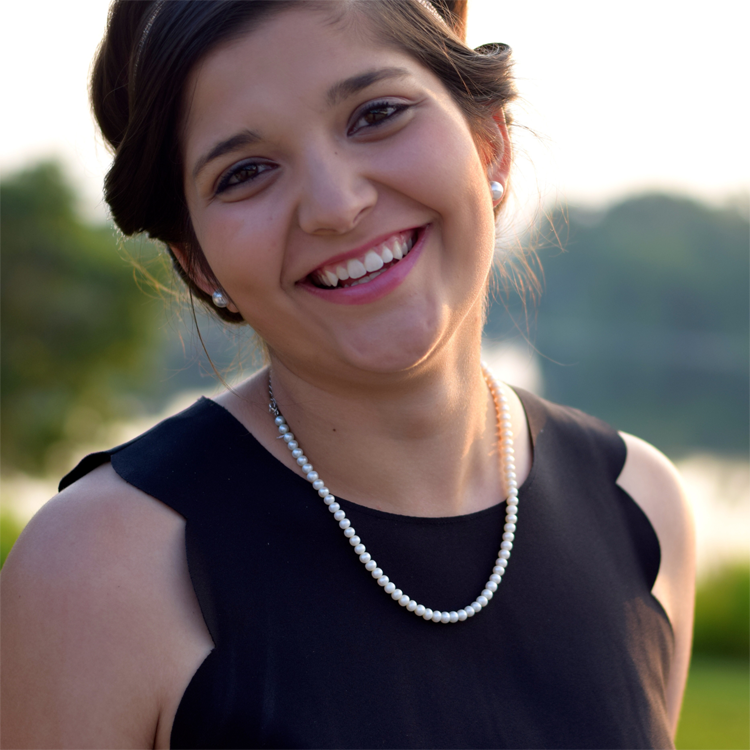The Gentle Shepherd (published 1725) is the first Scottish opera. Written in Edinburgh by 18th century poet Allan Ramsay, it is unique amongst operas -- all the music is based in the Scottish fiddle and folk tunes! It features heartfelt ballads and foot-stomping traditional dance music, and fuses traditional Scottish fiddling with the Italian Baroque style. Just like a German singspiel (e.g. Mozart's The Magic Flute), the show features Ramsay's poetry through spoken dialogue and "arias" set to well-known Scottish folk tunes.
This BBE production gives audiences a rare treat. For those living in North America, the show was last performed in Philadelphia in 1792, and has been seldom performed anywhere over the past 200 years. (So, you can think of it like a re-premiere!) The show features a 16-member ensemble of singers, instrumentalists, and actors from Chicago. Instrumentalists will perform on 200+ year old instruments and replicas of original period instruments. Audiences will feel as though they are traveling through time to hear the opera as concert-goers might have heard it in 1725.
Set in the Scottish Lowlands just outside of Edinburgh, the story unfolds around two shepherd couples: Patie (the Gentle Shepherd) and Peggy, who are happily in love, and Jenny and Roger, who are in a constant battle of cat and mouse. Katie, raised as a lowly shepherd, is now of age and receives a mysterious visit by his estranged father pretending to be a fortune teller. His father “fortells” that he will become royalty, and then dramatically unveils his identity as Sir William with the lifting of his fake beard. The reunion between father and son is bittersweet, as Sir William forbids Patie to marry Peggy (a commoner). Through a series of hilarious events, including a prank that involve two old ladies dressing up as a witch and a ghost to teach a wayward man a lesson, Peggy is revealed to be of noble blood, rescued as an infant from her neglectful aristocratic family from afar, and placed on her uncle’s doorstep. The opera concludes with a joyous celebration of love and marriage.























